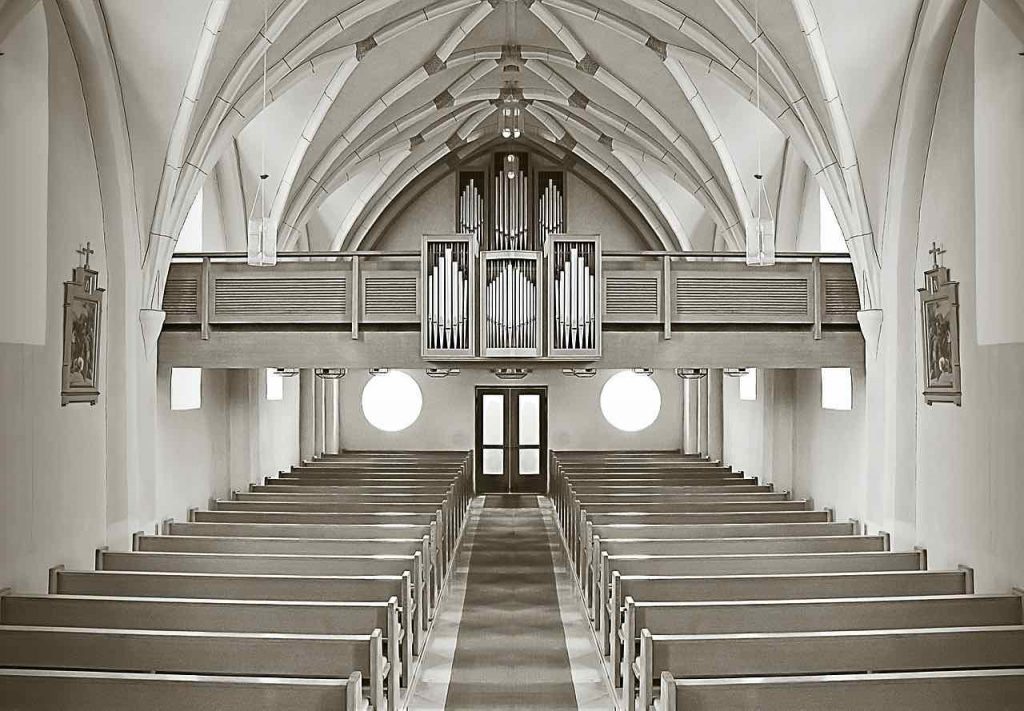
In every beatitude He gave to the crowd, Jesus expanded our understanding of the value of godly emotion. Humilty, godly sorrow, mercy and longing for righteousness and purity are not mere emotion, but indications of God’s present blessing. As such they should be sought. Not just for our benefit, but so that the light of God’s blessing can be clearly seen in our lives and all about us can ‘taste’ His presence. Jesus then expanded our understanding of the purpose and value of Scripture; to demonstrate the way to God through repentance and obedience, that we might live in righteousness far exceeding that gained through legalism. In everything He’s taught the crowd, Jesus has taken an old subject and given it fresh and expanded meaning.
Jesus then taught that slander is not a core problem, but a drastic symptom of unrighteous anger. Now He moves to the best application of that very truth, “Therefore, if you are offering your gift at the altar and there remember that your brother has something against you, leave your gift there in front of the altar. First go and be reconciled to your brother; then come and offer your gift.” For any disciple of God, worship is a priority. Jesus makes two observations about worship in the that statement that ought to have a drastic impact on us as worshippers.
His main point is that worship – which is crucial to our lives as His followers – must be secondary to purity. God does not want us to worship Him with guilty consciences. Remember Richard Roberts’ famous observation – “Repentance is the first word of the Gospel.” Repentance always comes first. Not even worship can take its place. So if one is about to engage in worship and the Holy Spirit brings to mind something that we need to deal with, we need to deal with that before we continue in worship.
Unrighteous anger has no place in sacrifice to God. It did not when Cain got angry with Abel, and it still doesn’t. Moreover some have noted, “Has something against you” probably implies a “just claim.” So Jesus is speaking of something we are guilty of. Something that someone else is holding against us, but we have not yet dealt with. To have something against a brother or sister means there is unforgiveness and/or unrepentance in our hearts. How can that be? Surely God’s people know that unforgiveness and unrepentance are spiritual millstones around the neck of any worshipper of God Most High.
Even brand new believers can understand that to worship God as a citizen of the kingdom of heaven, past wrongs need to be set right. In Luke 19 we read of Jesus walking through Jericho. A short man named Zacchaeus climbed a tree to see Him. “When Jesus reached the spot, he looked up and said to him, “Zacchaeus, come down immediately. I must stay at your house today.” So he came down at once and welcomed him gladly. All the people saw this and began to mutter, “He has gone to be the guest of a ‘sinner.’ ” But Zacchaeus stood up and said to the Lord, “Look, Lord! Here and now I give half of my possessions to the poor, and if I have cheated anybody out of anything, I will pay back four times the amount.” Jesus said to him, “Today salvation has come to this house, because this man, too, is a son of Abraham.”
Bitterness is nothing more than old unforgiveness. Bitterness is what grows from a seed of injustice, planted and watered in the garden of what-might-have-been.
David Chotka
APPLICATION: Intentionality
Is there a wrong you need to put right? Someone you need to speak to before your next worship gathering?

